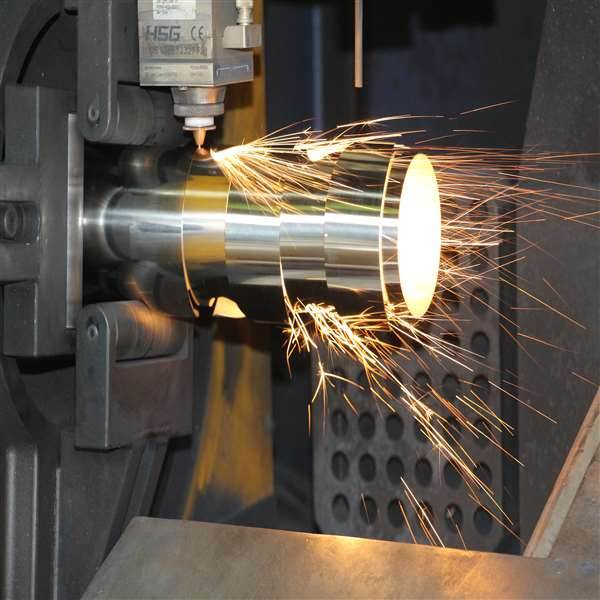Towards Green Sustainability: The Crucial Role of Environmental Awareness in Sheet Metal Processing and CNC+ View more
Towards Green Sustainability: The Crucial Role of Environmental Awareness in Sheet Metal Processing and CNC
+ View more
Date:2023-11-20 20:00
Introduction:
In an era where environmental consciousness is paramount, the manufacturing industry, particularly in sheet metal processing and CNC (Computer Numerical Control), is recognizing the urgent need for sustainable practices. This article delves into the importance of environmental awareness in these sectors, exploring how conscientious choices in materials, processes, and technologies contribute to green sustainability and a more eco-friendly future.

1. Material Selection for Eco-Friendly Fabrication:
Environmental awareness begins with conscientious material selection. In sheet metal processing, opting for recyclable and sustainably sourced metals reduces the environmental impact. CNC machining processes can be adapted to work with eco-friendly materials, promoting a circular economy and minimizing the carbon footprint associated with raw material extraction.
2. Energy Efficiency in CNC Machining:
Energy consumption is a critical aspect of environmental impact. CNC machines, being central to the manufacturing process, can be optimized for energy efficiency. This includes implementing smart machining strategies, utilizing energy-efficient equipment, and adopting practices that minimize power consumption without compromising on precision or productivity.
3. Waste Reduction through Precision Engineering:
Precision engineering, facilitated by advanced technologies like CAD and CNC, plays a pivotal role in waste reduction. Accurate designs and optimized toolpaths minimize material waste during sheet metal processing. CNC machining, driven by precise digital models, ensures that each cut is deliberate, contributing to a significant reduction in material waste and promoting sustainable manufacturing practices.
4. Exploring Additive Manufacturing for Sustainability:
Additive manufacturing (AM) technologies offer unique opportunities for sustainable practices in sheet metal processing. By layering materials precisely to create complex structures, additive manufacturing reduces waste compared to traditional subtractive methods. The exploration of AM in conjunction with CNC further contributes to the evolution of sustainable and efficient manufacturing processes.
5. Recycling and Circular Economy Initiatives:
Environmental awareness extends beyond production to the end of the product lifecycle. Implementing recycling programs for scrap metal generated during sheet metal processing and promoting circular economy initiatives ensures that materials are reused, reducing the demand for new raw materials and minimizing the overall environmental impact of the manufacturing process.
6. Carbon Footprint Monitoring and Reduction:
Monitoring and mitigating the carbon footprint is a key element of sustainable manufacturing. Environmental awareness in sheet metal processing and CNC involves measuring and understanding the emissions associated with each stage of production. This data allows manufacturers to implement targeted strategies for emission reduction, contributing to a more sustainable and environmentally friendly operation.
7. Regulatory Compliance and Industry Standards:
Staying abreast of environmental regulations and industry standards is crucial. Adhering to these guidelines ensures that sheet metal processing and CNC practices align with recognized sustainability benchmarks. Compliance not only promotes environmental responsibility but also helps manufacturers avoid potential legal and reputational consequences.
8. Employee Education and Green Practices:
Fostering a culture of environmental awareness extends to the workforce. Employee education programs on sustainable practices and green manufacturing principles empower individuals to contribute actively to the company's environmental initiatives. This grassroots approach ensures that sustainability becomes an integral part of the organizational ethos.
Conclusion:
As sheet metal processing and CNC technologies continue to advance, the integration of environmental awareness becomes imperative. Sustainable practices in material selection, energy efficiency, waste reduction, additive manufacturing, recycling, carbon footprint monitoring, regulatory compliance, and employee education collectively pave the way towards a greener future. By embracing these principles, manufacturers not only contribute to environmental conservation but also position themselves as leaders in the shift towards sustainable and responsible manufacturing practices.
Share to:
Recommend wonderful blog posts

